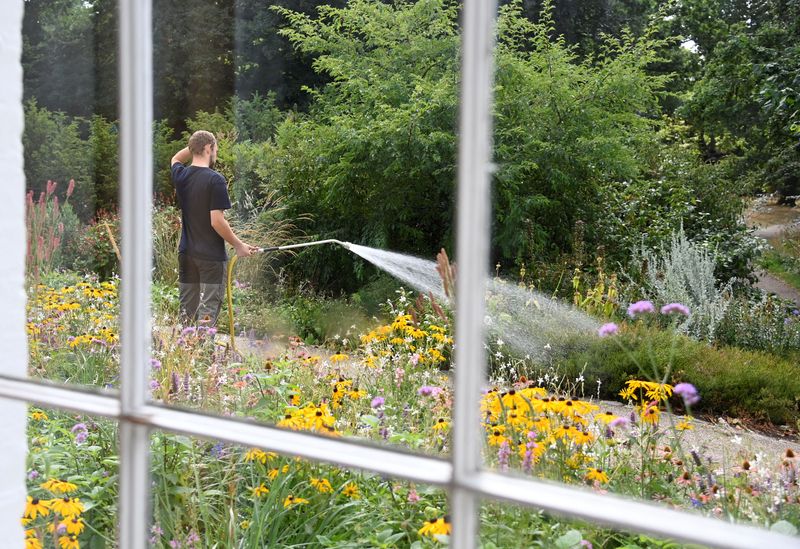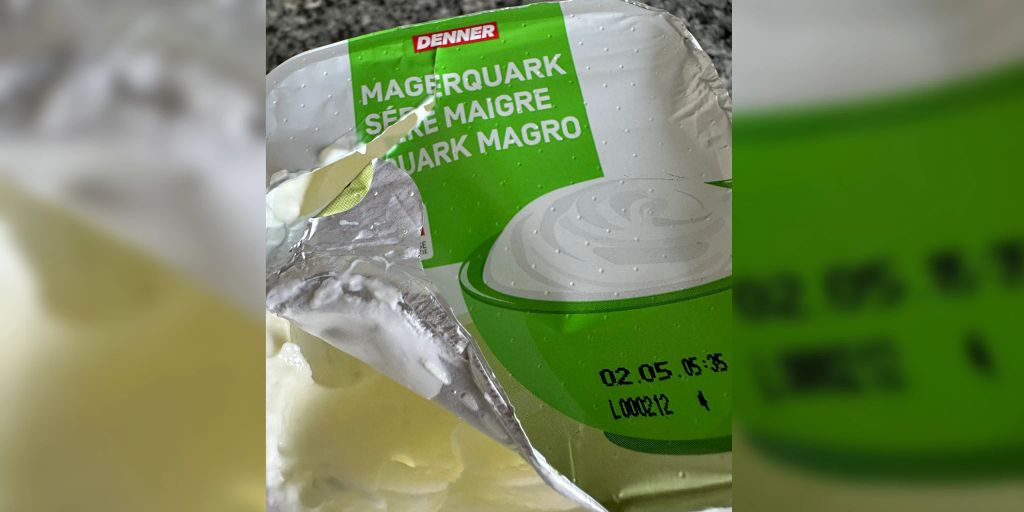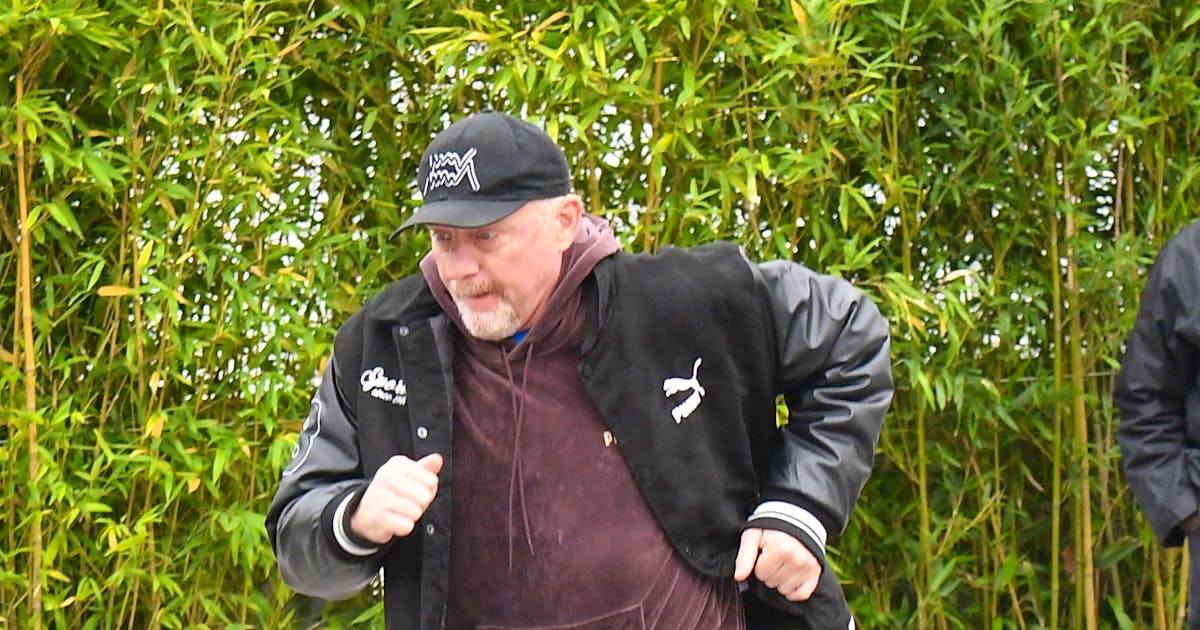A zero-emission 19-passenger seaplane is scheduled to be delivered to the first customer as early as 2029. The Swiss company’s roots are in Russia.
It’s a big problem with electric aviation: heavy batteries mean you can only fly short distances with airplanes. But a Swiss aircraft manufacturer sees an opportunity. However, not with normal planes.
Jekta Swiss Aviation is developing a PHA-ZE 100 amphibious aircraft, with delivery scheduled for as early as 2029. Since seaplane routes tend to be shorter, the company, which is based at Bayern Airport, believes it has found a suitable place to fly. electrician there.
The range was initially about 150 kilometers
The PHA-ZE 100, with its eight propellers, provides space for 19 passengers and three crew members. Its range should be up to 150 kilometers. But the developers assume that with more and more modern technology, 400 to 500 kilometers can also become possible. In addition to 19 seats, the company’s website also lists a VIP version with only six seats.
This is what a standard aircraft configuration should look like. (Photo: Jecta)
There are already interested parties. The first concrete letter of intent comes from Gayo Airlines, which is based in Sweden and Dubai. It was said in March that they wanted to use it for tourism and charter flights. The company ordered ten aircraft.
Major customer from India
Now Jekta can announce a larger order. Indian airline Mihir wants to buy 50 aircraft. It is active in the Andaman Archipelago.
The PHA-ZE 100 will have the ability to plan the water with its fuselage and retractable tricycle for landings also on conventional runways. The batteries provide power for 1 hour, with a 30-minute reserve.
Roots in Russia
There are many projects for new and electric aircraft. Some are promising, others less so. However, there is a great deal of knowledge behind Jekta. Managing Director George Alavinov was behind the founding of Aero Volga, which launched the LA-8 and D-Borey amphibious aircraft.
According to Jecta, there are no ties to Russia despite this story. Final assembly of the aircraft will take place in Switzerland, even if most parts are likely to come from suppliers abroad. For final assembly, Jekta is building a factory on an area of about 27,000 square meters at Payerne Airport.
An argument for Switzerland
Managing Director Alafinov recently told Flightglobal that they are “in talks” with potential suppliers. But they don’t want to officially announce anything yet. However, he reveals that the company will make the wings out of the fiber composite material Oratex, which Aero Volga had previously used.
He values Switzerland because of the regulatory environment. The country is one of the first in the world to enact regulations for electric aircraft. “There is a dialogue and understanding here that you don’t find everywhere,” the Avinoff told Flightglobal.

“Tv expert. Hardcore creator. Extreme music fan. Lifelong twitter geek. Certified travel enthusiast. Baconaholic. Pop culture nerd. Reader. Freelance student.”







More Stories
Customer is upset about aluminum curd caps
Siemens shortly before ordering high-speed trains in the USA
Playmobil: German toy manufacturer records decline in sales